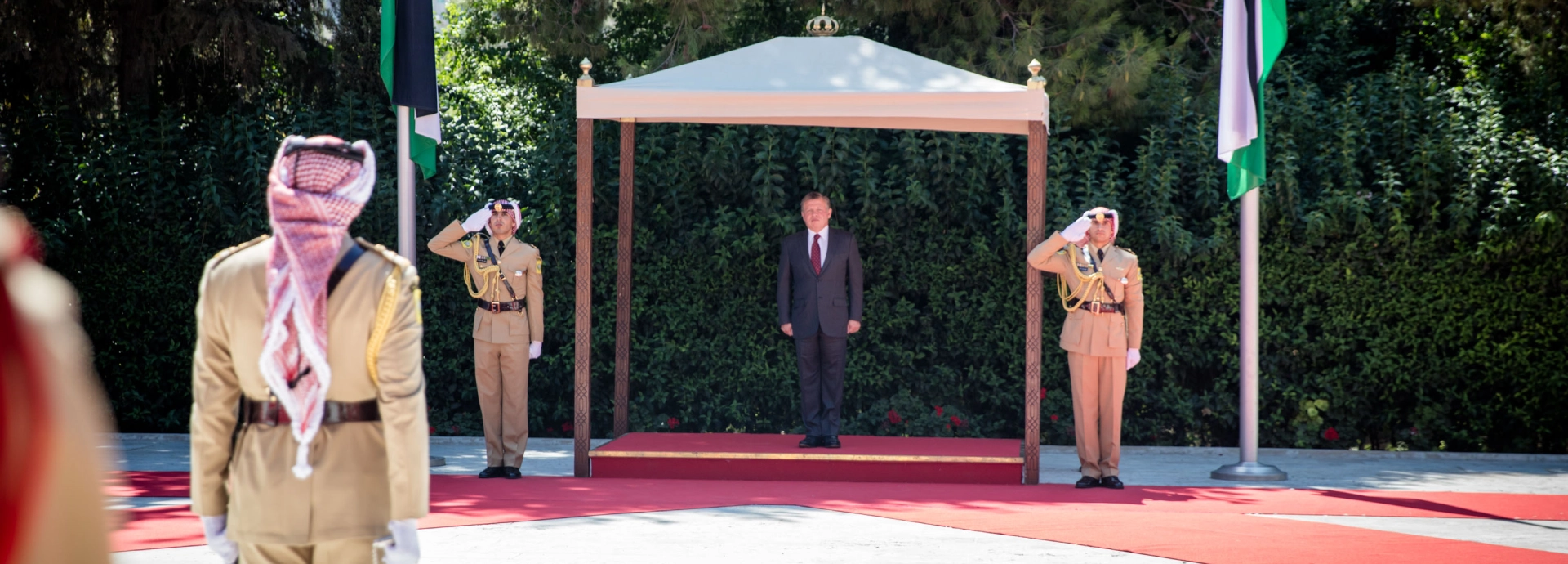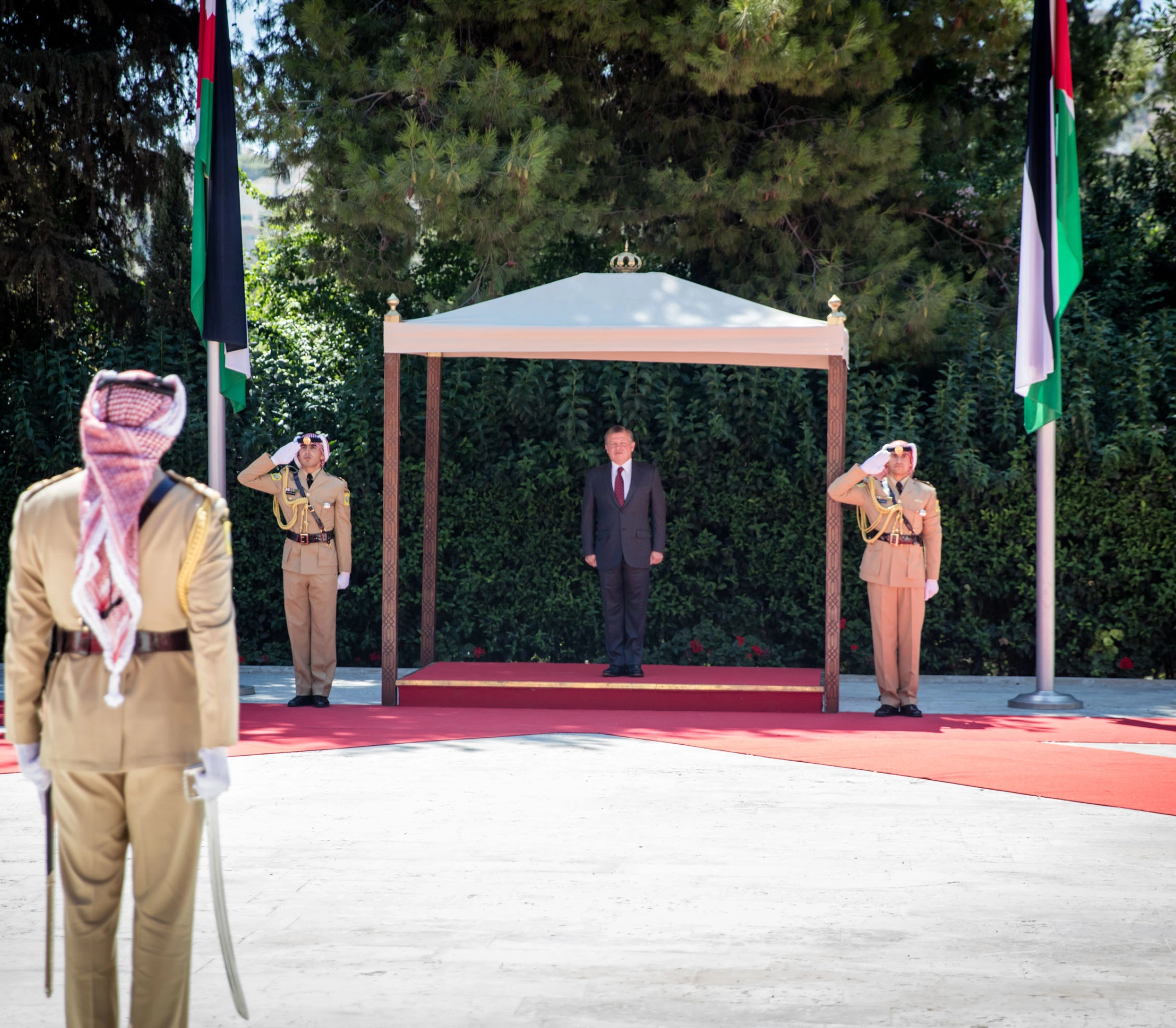

King: Resolution of Palestine conflict can change strategic landscape of Middle East
29 February 2008
His Majesty King Abdullah II on Friday said that a settlement of the conflict between Israel and the Palestinians could change the strategic landscape of the Middle East for years to come and urged a long-term American commitment to the region's development.
Addressing students and professors at Princeton University's Woodrow Wilson School of Public and International Affairs, King Abdullah said that the region's security and stability are at risk not just from conflict, but also from demographic pressures and underdevelopment.
"…Opportunities for youth, economic development, resource scarcity, chronic conflicts, institutional challenges and nuclear weapons proliferation are just some examples" of the region's major challenges," he said, adding that creating opportunities for the region's young people required international partnerships to develop infrastructure, meet energy and water needs and improve public services and education.
King Abdullah said that development objectives could not be met without peace and justice in Palestine, the denial of which is a "source of resentment and frustration within the region and far beyond", pointing out that 57 states in the world today are not at peace with Israel thanks to decades of conflict between Israel and the Palestinians.
"We must therefore ask the important question," he said. "What are the implications of this for global stability if this [conflict] continues."
King Abdullah urged the United States to continue playing a leading role in Middle East peace-making, saying that progress towards a final settlement was necessary this year.
"If we miss today's opportunities, peace will be set back, perhaps for decades. Extremists will continue to act. The forces for moderation and positive change will weaken," he said, warning that failing to take the necessary steps to resolve the core conflict in the region would make it more difficult for countries of the Middle East to work in partnership with America in the future.
"[The region] will move further away from the principles of mutual respect and partnership on which we want to base our relations with the United States and the West," he said.
King Abdullah, accompanied by Her Majesty Queen Rania, is on a working visit to the United States that began on Thursday, with a meeting with UN Secretary General Ban Ki-moon.
During the visit, the King is also scheduled to hold talks at the White House with US President George W. Bush to discuss means to push the peace process towards a comprehensive peace agreement that addresses all aspects of the Palestinian-Israeli conflict, leads to the establishment of a viable and independent Palestinian state on Palestinian land and paves the way for resolving other tracks of the Arab-Israeli conflict.
The King will also discuss ways to support the Palestinian National Authority, strengthen Palestinian national institutions and alleviate the Palestinian people's difficult living conditions.
The meeting will also focus on strengthening bilateral ties, especially in the economic field.
His talks with members of both houses of the US Congress will focus on developing bilateral ties in the interest of both friendly countries.
King Abdullah is also scheduled to meet with representatives of Muslim and Jewish organizations in the US to explore the role they can play in fostering peace opportunities in the region and strengthening bridges of dialogue, understanding, tolerance and coexistence between the Arab and Muslim worlds and the West.
Full Speech